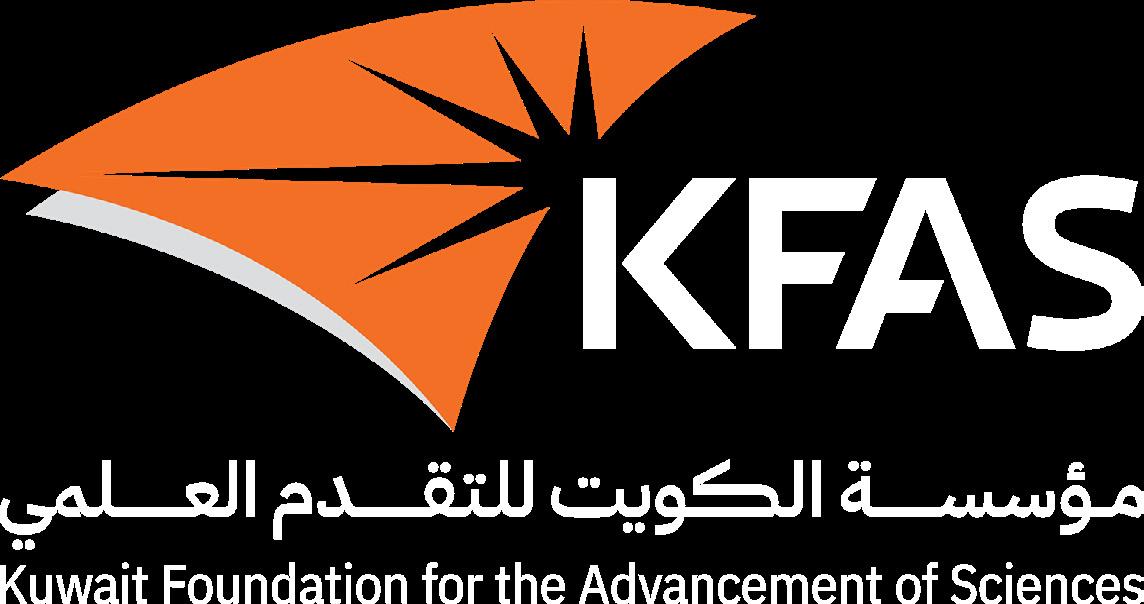

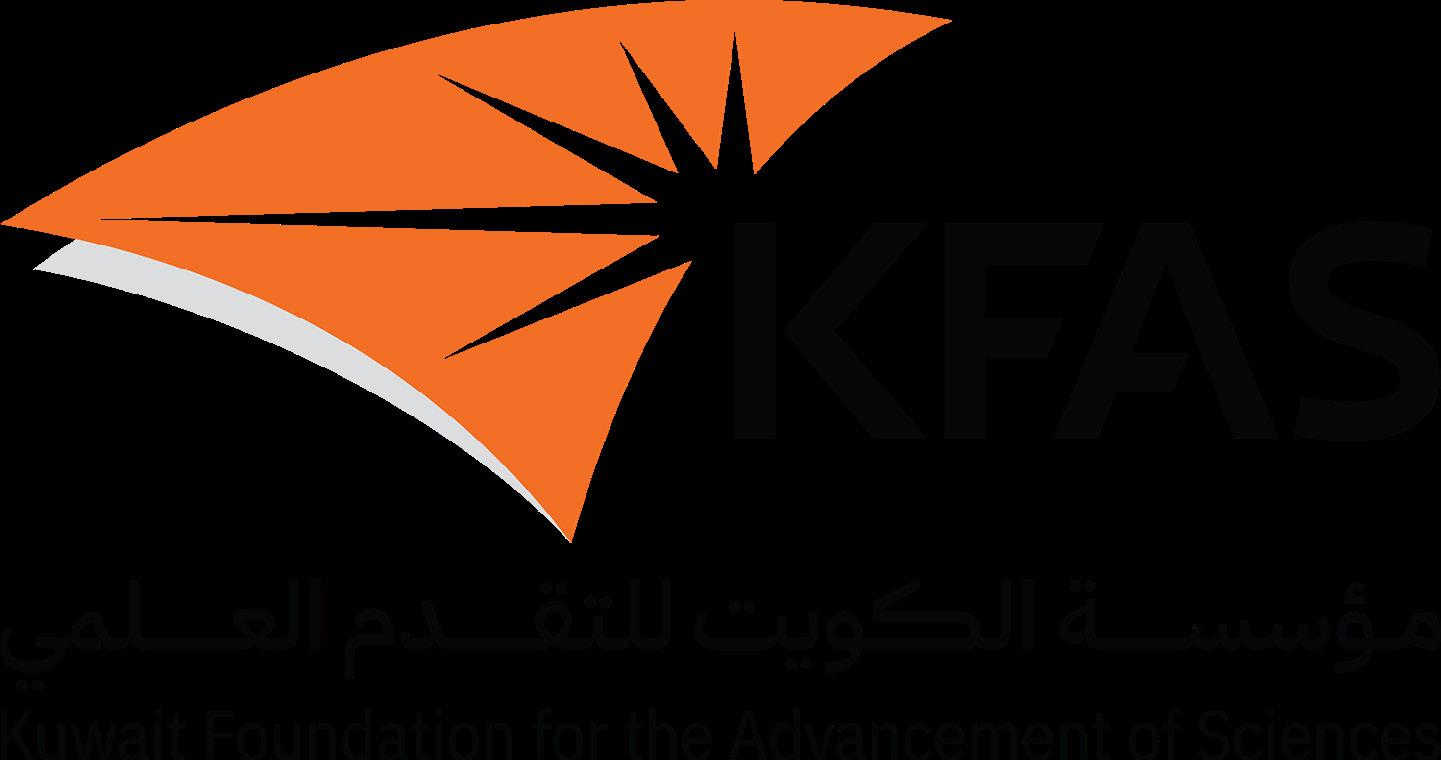




With a career spanning oil and gas, healthcare, and now a research-driven non-profit, Ahmed AlQattan brings a unique cross-sector lens to procurement leadership. As Head of Procurement at the Kuwait Foundation for the Advancement of Sciences (KFAS), he ensures the procurement function is a vital partner in powering national innovation. In this interview, Ahmed discusses how strategic sourcing, supplier collaboration, and datadriven insights are used to build organisational resilience and operational excellence. He also offers valuable advice for aspiring professionals seeking to make an impact in purpose-led environments.


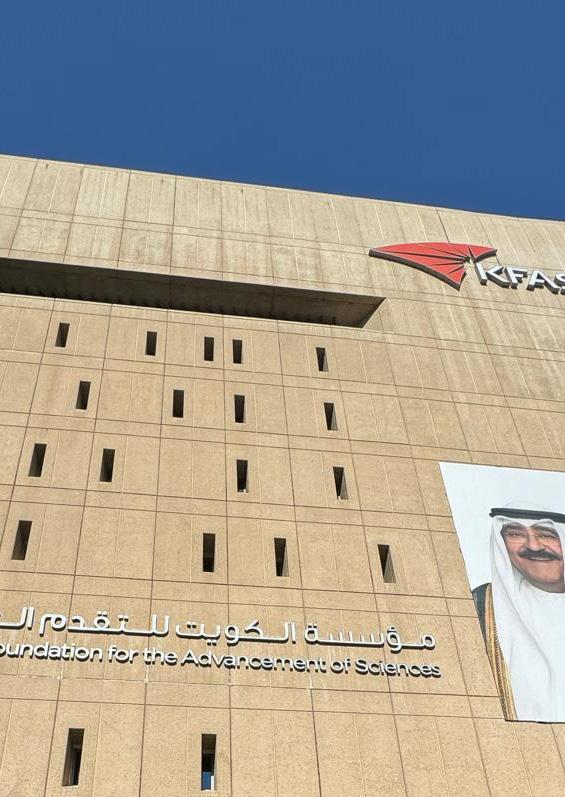
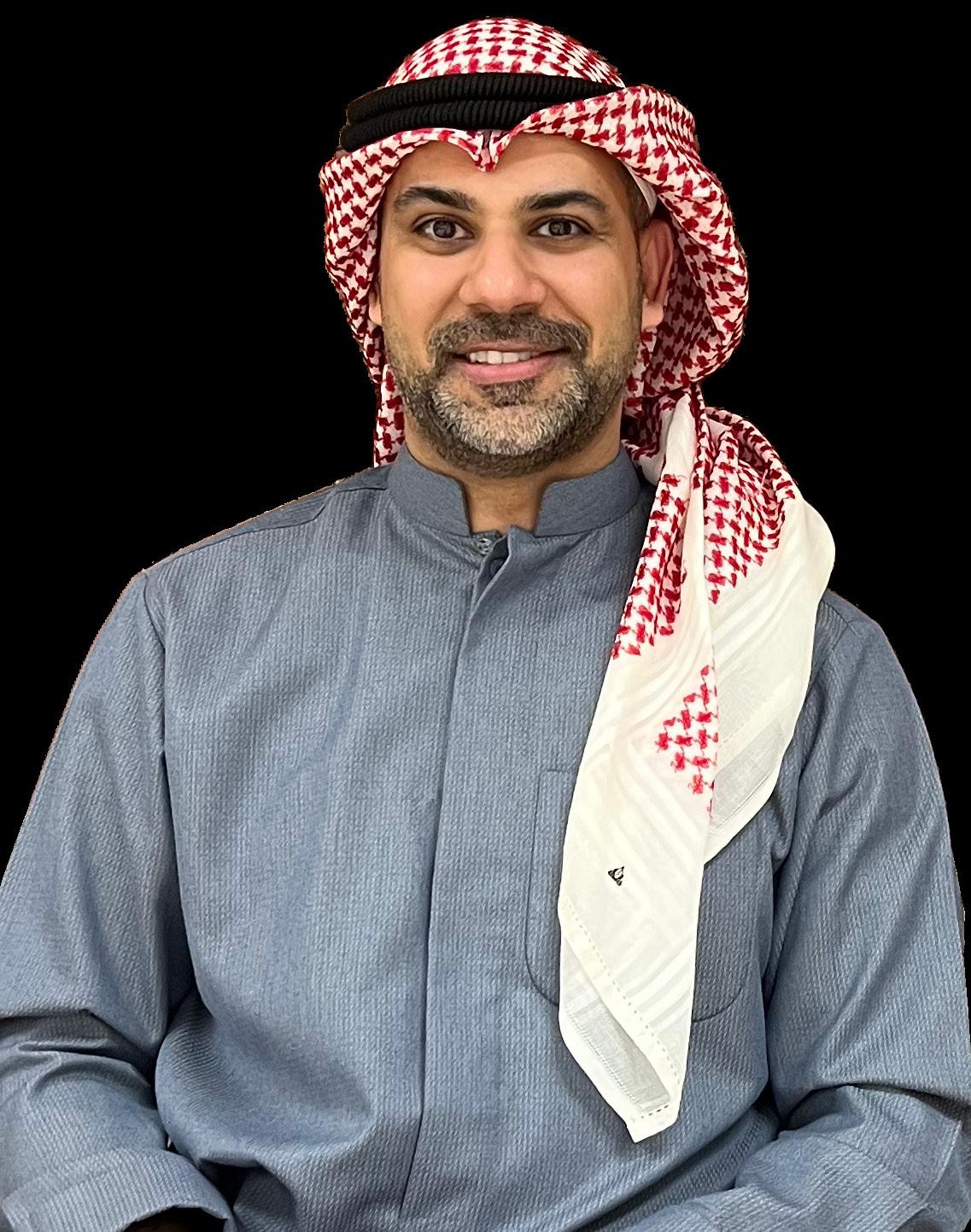
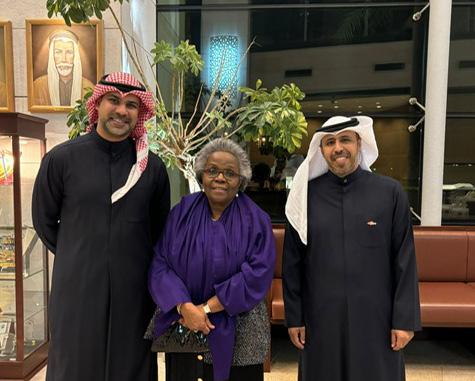
Can you share your career path leading up to your current role as Head of Procurement at the Kuwait Foundation for the Advancement of Sciences (KFAS)? What experiences have most influenced your approach to procurement and leadership?
My procurement journey began in the oil and gas sector, where I was responsible for managing highvalue contracts, leading global supplier negotiations, and optimising complex supply chains within a highly regulated environment. Transitioning into healthcare procurement, I adapted those skills to a mission-critical industry, where cost efficiency must be balanced with uncompromising quality and patient safety standards.
Now, as Head of Procurement at KFAS, I leverage this cross-industry expertise to advance our organisational mission. My approach blends the disciplined, risk-aware culture of energy with the stakeholder-centric model of healthcare. This allows us to move beyond traditional purchasing and instead architect robust and agile supply chains that directly enable operational excellence and long-term institutional resilience.
I currently lead initiatives focused on digital transformation, sustainable procurement, and strategic value creation. This journey has solidified my leadership philosophy: that procurement is not merely a support function, but a critical lever for organisational growth and enduring impact.
How does the procurement function at KFAS support the organisation’s mission to foster scientific and technological advancement in Kuwait?
Procurement at KFAS supports the mission of scientific advancement indirectly by functioning as a strategic partner focused on organisational excellence. Our contribution is to build resilient supply chains, drive long-term value beyond cost, and mitigate risks that could disrupt critical programs. By ensuring the timely, efficient, and sustainable acquisition of everything from complex equipment to essential services, we remove operational barriers. This allows our scientists and innovators to dedicate their full focus to achieving Kuwait’s ambitious research and development goals, secure in the knowledge that a reliable support structure is in place.
Ultimately, procurement at KFAS is designed to serve not just the organisation, but the nation’s longterm vision for research, innovation, and technological leadership.
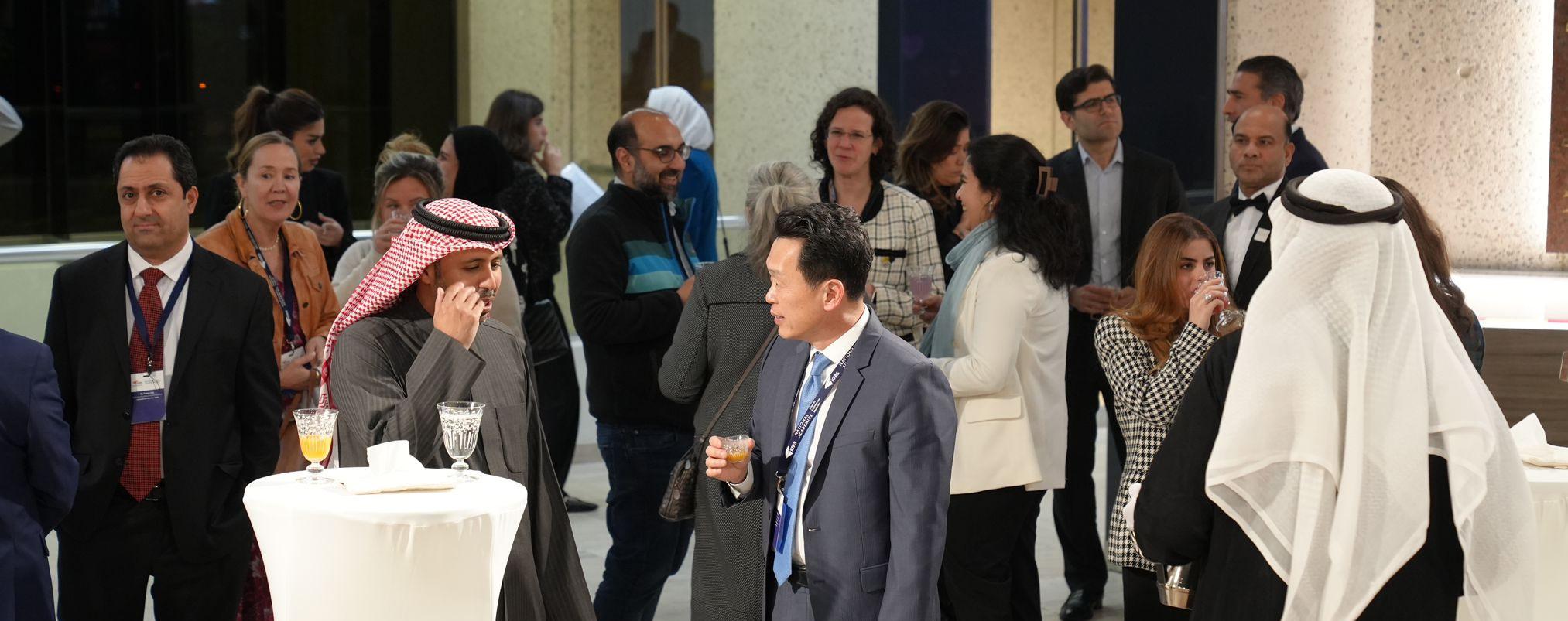
Sustainability is a growing focus globally. How is KFAS integrating sustainable practices into its procurement and supply chain operations?
Sustainability is embedded into the procurement strategy at KFAS, not as an add-on, but as a core principle in how we operate. As we acquire the goods and services essential for our mission, we ensure that environmental responsibility is a key factor in every decision. This includes prioritising energy-efficient equipment, partnering with suppliers who demonstrate strong ESG performance, and reducing the environmental footprint of our supply chain wherever possible.
Our procurement processes are designed to align with Kuwait’s broader sustainability goals and our own institutional values. We evaluate long-term value over short-term cost, ensuring that each purchase supports both operational excellence and environmental stewardship. This includes proactive supplier engagement to encourage sustainable practices and transparency throughout the entire lifecycle of our contracts.
By integrating sustainability into our sourcing criteria, supplier selection, and risk frameworks, we ensure that progress and responsibility go hand in hand. Procurement at KFAS isn’t just about acquiring goods, it’s about investing in a resilient, responsible, and sustainable future for Kuwait.
What strategies do you employ to build strong relationships with suppliers, and how do you ensure they consistently meet KFAS’s standards for quality and compliance?
At KFAS, our supplier management approach is built on strategic alignment, performance accountability, and collaborative engagement. We begin by selecting partners through a rigorous vetting process, evaluating both technical competence and financial stability. This ensures that our suppliers not only meet baseline standards but are capable of supporting KFAS’s strategic objectives and long-term goals.
Once onboarded, we foster long-term relationships through joint planning and clear communication. Suppliers are treated as extensions of our organisation, with contracts designed to reflect shared goals and mutual accountability. Performance is continuously monitored through KPIs and regular scorecard reviews, allowing us to track delivery, quality, and responsiveness in real time.
To drive continuous improvement, we recognise high-performing suppliers through our engagement model. Compliance is embedded into every stage of the process. Our contracts clearly define quality expectations and are aligned with both KFAS policies and national regulatory frameworks, ensuring consistency and proactive risk mitigation.
By maintaining structured oversight and nurturing trusted partnerships, we create a supplier ecosystem that is resilient, responsive, and fully aligned with our mission to deliver operational excellence and long-term value for Kuwait.
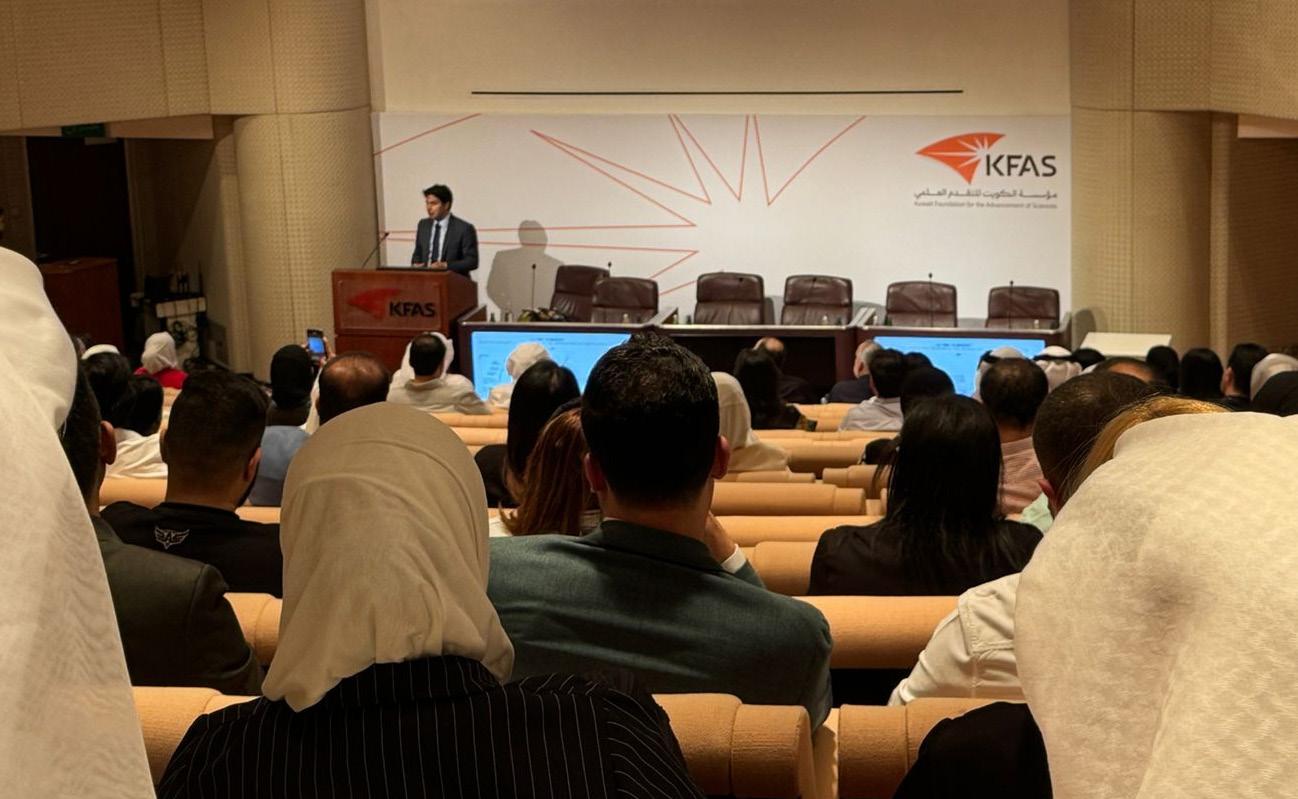
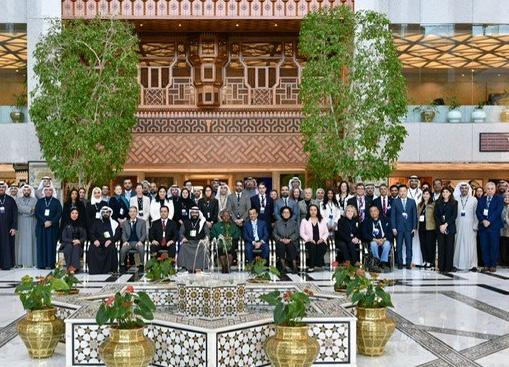
With the complexities of global supply chains, how does KFAS manage risks to ensure continuity and resilience in its procurement operations?
At KFAS, risk management begins with strategic alignment. We prioritise long-term reliability over short-term cost savings, forming partnerships with suppliers who share our vision and commitment to scientific advancement. Our agreements are value-driven, incorporating contingency measures and joint performance targets that ensure continuity even in times of disruption.
By engaging key suppliers early in the planning process, we gain greater visibility and control over cost, sustainability, and operational efficiency. This proactive integration allows us to anticipate potential risks and design mitigation strategies well before execution. Over time, these supplier relationships evolve into collaborative ecosystems, where vendors operate as true extensions of our internal teams.
Through this approach, we not only safeguard the integrity of our procurement operations but also build supply chains that are agile, resilient, and capable of supporting KFAS’s mission in an increasingly complex global landscape.
What trends do you see shaping the future of procurement, and how is KFAS preparing to adapt to these changes?
The future of procurement is being shaped by rapid digital transformation, increased reliance on data, and a growing need for agility. At KFAS, we are already seeing how artificial intelligence and automation are streamlining procurement workflows, reducing manual tasks, and enabling faster, more consistent decision-making.
Data-driven strategies are also becoming essential. Real-time spend analytics and supplier performance tracking are no longer optional; they’re fundamental to proactive procurement. We’re currently implementing dashboards that provide visibility across compliance, quality, and cost metrics, allowing for more informed and timely interventions.
Agility is another key trend, particularly in a mission-driven environment where speed and adaptability are critical to success. To support this, we’re adopting more flexible contracting models that enable quicker onboarding and more adaptive supplier engagement. These steps position KFAS to remain at the forefront of procurement excellence, ensuring we build a resilient and responsive function that delivers long-term strategic value.
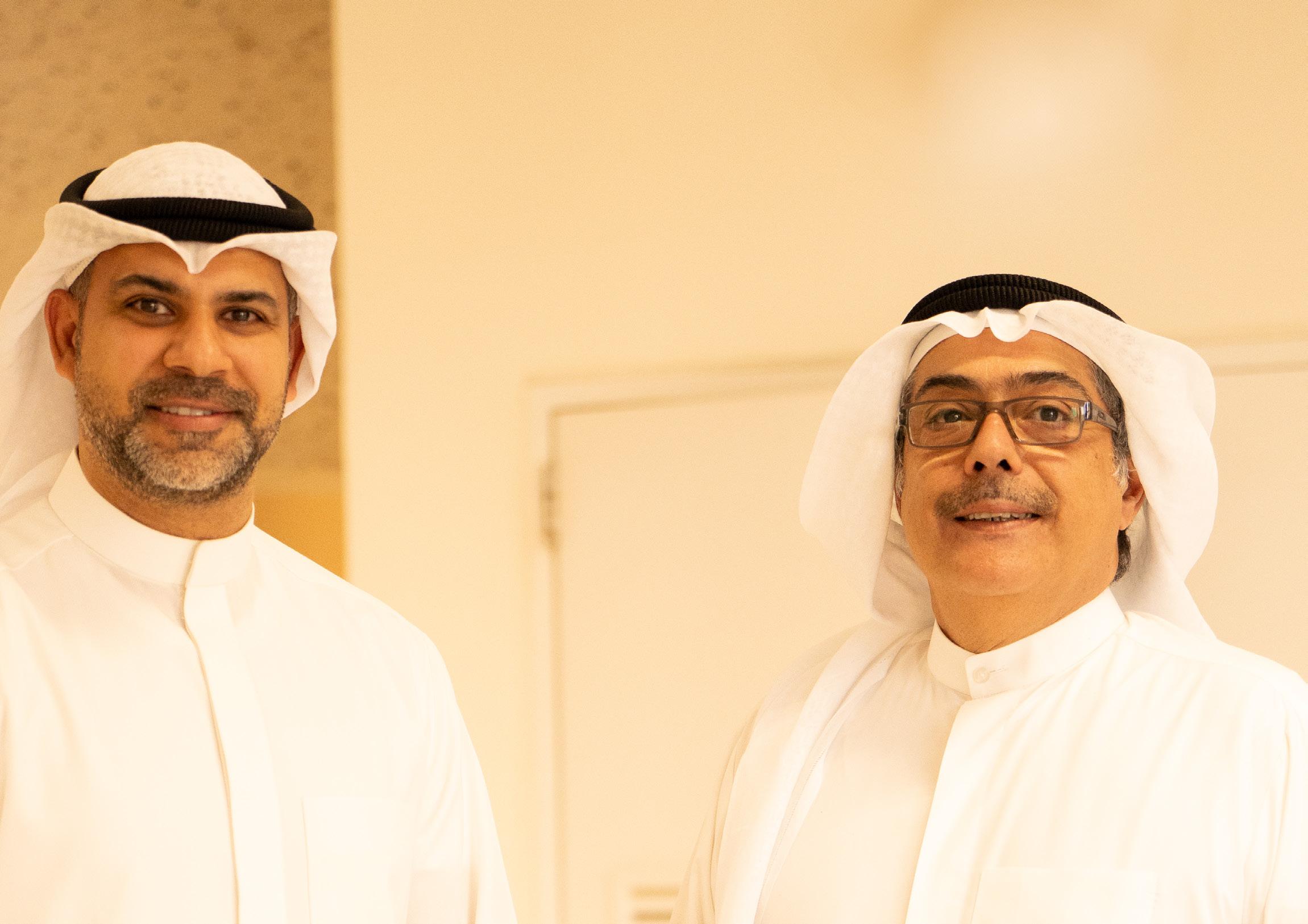

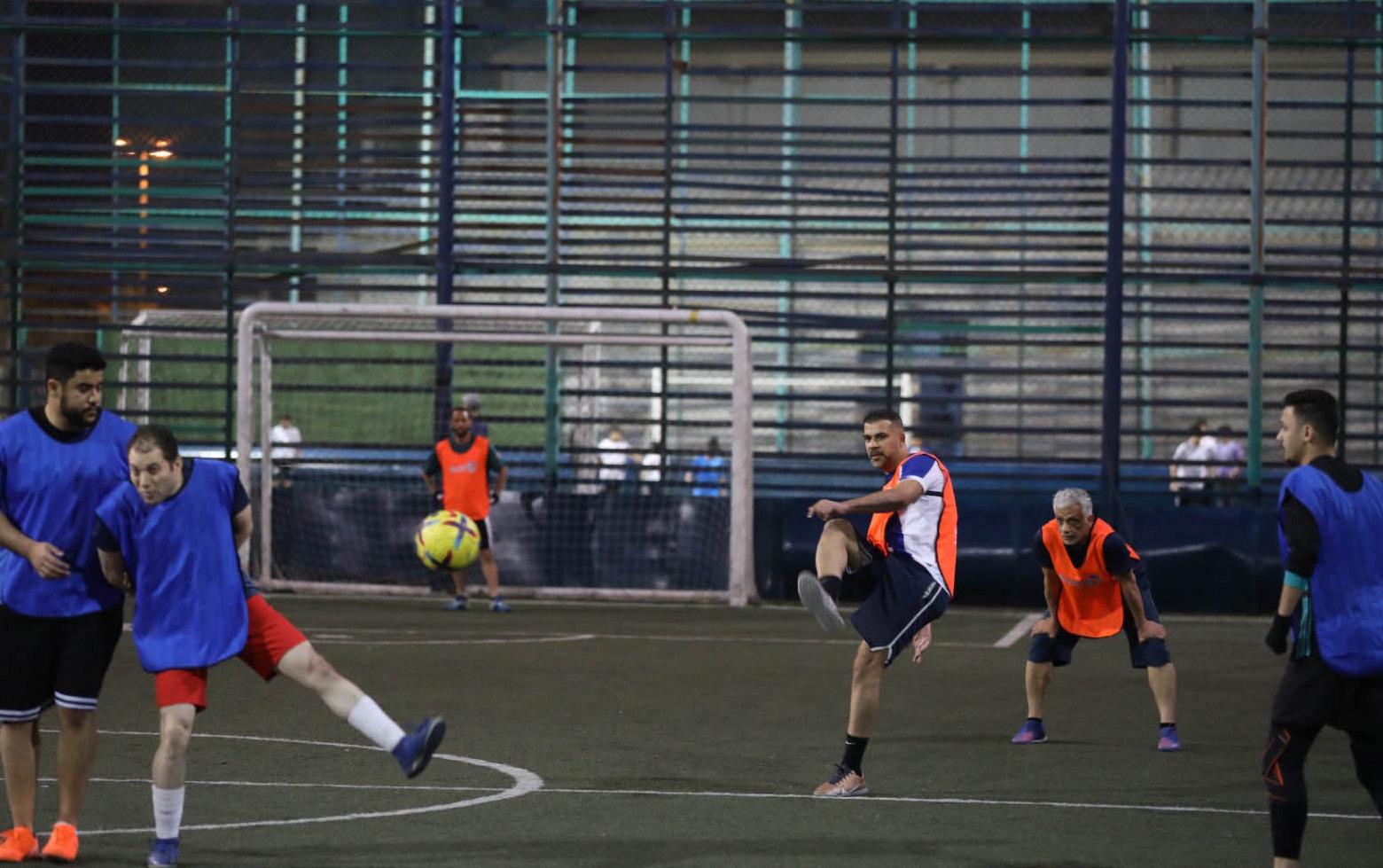
How do you ensure effective collaboration between the procurement department and other units within KFAS to align procurement strategies with organisational goals?
At KFAS, effective collaboration between procurement and other departments begins with crossfunctional committees that bring together stakeholders from research, finance, and operations to align priorities from the outset. By conducting joint assessments before sourcing begins, we ensure both technical requirements and budgetary constraints are addressed, allowing procurement decisions to directly support organisational objectives.
Our team is involved early in the project planning process, which helps us anticipate potential delays and proactively design sourcing strategies that support timely execution. This collaboration is further enhanced by the use of digital platforms that enable real-time communication and agile decisionmaking, ensuring procurement remains tightly connected to the broader goals of the foundation. Through this integrated approach, procurement becomes not just a support function, but a strategic partner in delivering impact.
As a leader in procurement, what advice would you give to those looking to advance their careers in this field, especially within the non-profit and scientific sectors?
To grow a successful procurement career in the non-profit sector, it’s essential to balance technical expertise with a deep understanding of mission-driven environments. Develop strong core skills in areas like strategic sourcing, contract negotiation, and risk management, but also take time to learn the unique frameworks that shape your sector, such as grant compliance and donor accountability.
Think beyond procurement as a transactional function. Learn to translate your work into tangible organisational value, whether it’s showing how cost savings can be re-invested into core programs or how strategic supplier partnerships can enhance operational resilience and service delivery. Stakeholder alignment is key, so develop the ability to speak the language of different departments and build consensus around shared goals.
Innovation also plays a vital role. Be open to sustainable practices and digital transformation, but always balance agility with rigour. Non-profit institutions demand both speed and fiscal responsibility.
Lastly, stay curious. Understand how every purchase and process connects to your organisation’s operational efficiency and overarching mission. This mindset will enable you to shift from being a process executor to a strategic leader who enables long-term impact and organisational excellence.
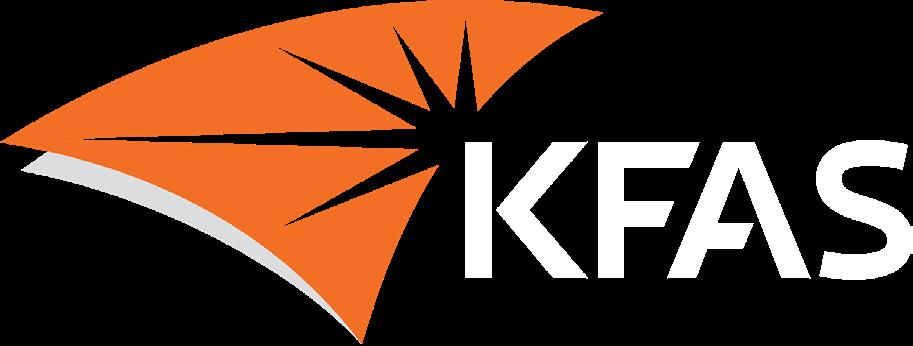
The Kuwait Foundation for the Advancement of Sciences (KFAS) promotes scientific research, innovation, and education to drive sustainable development in Kuwait. Through grants, professional training, academic programs & partnerships, and advocacy, it supports researchers, institutions, and communities in building capacity and tackling challenges.
